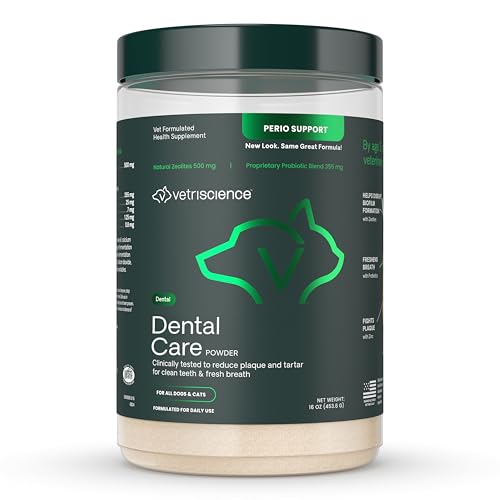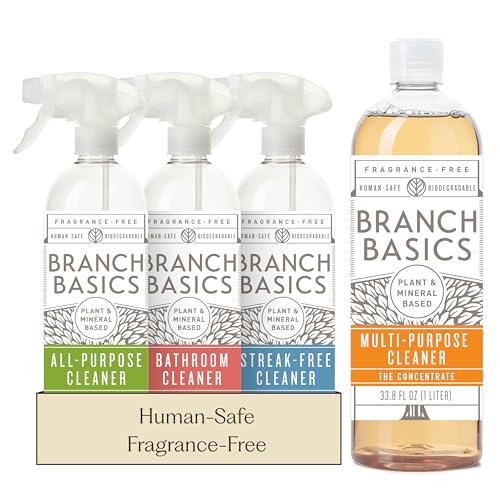



First things first, if you notice a foul aroma coming from your furry companion’s mouth, it’s time to take action. This change can often signify dental issues like gingivitis or periodontal disease. Regular oral hygiene is crucial; consider introducing dental treats or toys designed to promote clean teeth.
Another factor could be dietary changes. If I’ve switched to a different brand of food or added new treats, it might impact my scent. Always monitor the ingredients and opt for high-quality options that support overall health. Sometimes, even a little bit of human food can upset my digestion and lead to unpleasant smells.
Infections or underlying health conditions could also play a role. If the odor persists, a trip to the vet is necessary. They can check for signs of illness or infections that might be causing the issue. Remember, staying proactive about health can save you from bigger problems down the line.
Identifying Potential Dental Issues in Your Cat
If you notice unusual odor emanating from your feline friend, examining their dental health is essential. First, check for tartar buildup or discoloration on the teeth, as this can indicate periodontal disease. Healthy teeth should be white or light ivory, while yellow or brown stains suggest neglect or decay.
Signs of Dental Problems
Pay attention to your companion’s eating habits. If they show reluctance to munch on their favorite kibble or seem to favor softer foods, it may signal discomfort or pain caused by dental issues. Additionally, watch for excessive drooling or pawing at the mouth. These behaviors often indicate irritation or infection.
Regular Check-Ups
Routine veterinary dental examinations are crucial. Schedule professional cleanings at least once a year to prevent severe complications. Alongside these visits, maintaining a home care routine, such as brushing their teeth with pet-safe toothpaste, can significantly enhance their oral hygiene.
Curious about other feline behaviors? Check out why do cats like cat nip for more insights!
Evaluating dietary changes that may affect breath odor
Switching to a high-quality diet has made a noticeable difference in my overall well-being. Dry kibble can sometimes lead to less-than-pleasant aromas, especially if it’s low in nutrients. Consider transitioning to premium food that focuses on natural ingredients. Look for options that include real meat and avoid fillers like corn and soy, which can contribute to bad smells.
Hydration plays a significant role too. I encourage my human to invest in a best drinking bowl for cats. Fresh, flowing water promotes better oral hygiene and helps prevent buildup that can lead to unpleasant odors. Cats are naturally inclined to drink more when water is constantly available.
Additionally, treats should be monitored. Some snacks can be delicious but are packed with sugars or artificial flavors that can affect digestion and lead to foul breath. Opt for dental chews specifically designed to clean teeth and freshen breath, making treat time both tasty and beneficial.
Monitor any recent changes in feeding schedules or new food introductions. A sudden switch can upset the digestive system, resulting in odors. Always introduce new foods gradually to ensure comfort and acceptance.
First things first, if you notice a foul aroma coming from your furry companion’s mouth, it’s time to take action. This change can often signify dental issues like gingivitis or periodontal disease. Regular oral hygiene is crucial; consider introducing dental treats or toys designed to promote clean teeth.
Another factor could be dietary changes. If I’ve switched to a different brand of food or added new treats, it might impact my scent. Always monitor the ingredients and opt for high-quality options that support overall health. Sometimes, even a little bit of human food can upset my digestion and lead to unpleasant smells.
Infections or underlying health conditions could also play a role. If the odor persists, a trip to the vet is necessary. They can check for signs of illness or infections that might be causing the issue. Remember, staying proactive about health can save you from bigger problems down the line.
Identifying Potential Dental Issues in Your Cat
If you notice unusual odor emanating from your feline friend, examining their dental health is essential. First, check for tartar buildup or discoloration on the teeth, as this can indicate periodontal disease. Healthy teeth should be white or light ivory, while yellow or brown stains suggest neglect or decay.
Signs of Dental Problems
Pay attention to your companion’s eating habits. If they show reluctance to munch on their favorite kibble or seem to favor softer foods, it may signal discomfort or pain caused by dental issues. Additionally, watch for excessive drooling or pawing at the mouth. These behaviors often indicate irritation or infection.
Regular Check-Ups
Routine veterinary dental examinations are crucial. Schedule professional cleanings at least once a year to prevent severe complications. Alongside these visits, maintaining a home care routine, such as brushing their teeth with pet-safe toothpaste, can significantly enhance their oral hygiene.
Curious about other feline behaviors? Check out why do cats like cat nip for more insights!
Evaluating dietary changes that may affect breath odor
Switching to a high-quality diet has made a noticeable difference in my overall well-being. Dry kibble can sometimes lead to less-than-pleasant aromas, especially if it’s low in nutrients. Consider transitioning to premium food that focuses on natural ingredients. Look for options that include real meat and avoid fillers like corn and soy, which can contribute to bad smells.
Hydration plays a significant role too. I encourage my human to invest in a best drinking bowl for cats. Fresh, flowing water promotes better oral hygiene and helps prevent buildup that can lead to unpleasant odors. Cats are naturally inclined to drink more when water is constantly available.
Additionally, treats should be monitored. Some snacks can be delicious but are packed with sugars or artificial flavors that can affect digestion and lead to foul breath. Opt for dental chews specifically designed to clean teeth and freshen breath, making treat time both tasty and beneficial.
Monitor any recent changes in feeding schedules or new food introductions. A sudden switch can upset the digestive system, resulting in odors. Always introduce new foods gradually to ensure comfort and acceptance.
First things first, if you notice a foul aroma coming from your furry companion’s mouth, it’s time to take action. This change can often signify dental issues like gingivitis or periodontal disease. Regular oral hygiene is crucial; consider introducing dental treats or toys designed to promote clean teeth.
Another factor could be dietary changes. If I’ve switched to a different brand of food or added new treats, it might impact my scent. Always monitor the ingredients and opt for high-quality options that support overall health. Sometimes, even a little bit of human food can upset my digestion and lead to unpleasant smells.
Infections or underlying health conditions could also play a role. If the odor persists, a trip to the vet is necessary. They can check for signs of illness or infections that might be causing the issue. Remember, staying proactive about health can save you from bigger problems down the line.
Identifying Potential Dental Issues in Your Cat
If you notice unusual odor emanating from your feline friend, examining their dental health is essential. First, check for tartar buildup or discoloration on the teeth, as this can indicate periodontal disease. Healthy teeth should be white or light ivory, while yellow or brown stains suggest neglect or decay.
Signs of Dental Problems
Pay attention to your companion’s eating habits. If they show reluctance to munch on their favorite kibble or seem to favor softer foods, it may signal discomfort or pain caused by dental issues. Additionally, watch for excessive drooling or pawing at the mouth. These behaviors often indicate irritation or infection.
Regular Check-Ups
Routine veterinary dental examinations are crucial. Schedule professional cleanings at least once a year to prevent severe complications. Alongside these visits, maintaining a home care routine, such as brushing their teeth with pet-safe toothpaste, can significantly enhance their oral hygiene.
Curious about other feline behaviors? Check out why do cats like cat nip for more insights!
Evaluating dietary changes that may affect breath odor
Switching to a high-quality diet has made a noticeable difference in my overall well-being. Dry kibble can sometimes lead to less-than-pleasant aromas, especially if it’s low in nutrients. Consider transitioning to premium food that focuses on natural ingredients. Look for options that include real meat and avoid fillers like corn and soy, which can contribute to bad smells.
Hydration plays a significant role too. I encourage my human to invest in a best drinking bowl for cats. Fresh, flowing water promotes better oral hygiene and helps prevent buildup that can lead to unpleasant odors. Cats are naturally inclined to drink more when water is constantly available.
Additionally, treats should be monitored. Some snacks can be delicious but are packed with sugars or artificial flavors that can affect digestion and lead to foul breath. Opt for dental chews specifically designed to clean teeth and freshen breath, making treat time both tasty and beneficial.
Monitor any recent changes in feeding schedules or new food introductions. A sudden switch can upset the digestive system, resulting in odors. Always introduce new foods gradually to ensure comfort and acceptance.









